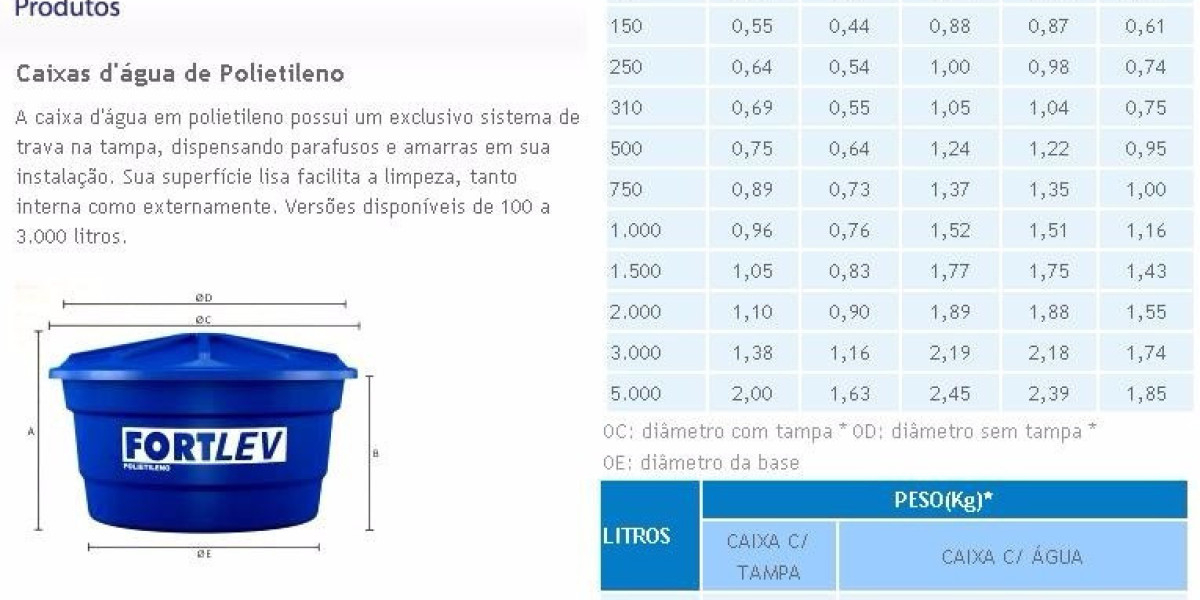Sodium gluconate is basically sodium salt. This is applicable in textiles, metal surface treatment and cement. The material is bio-degradable thus it is eco-friendly in nature. The material is non-toxic in nature. Thus, the use of sodium gluconate is highly recommended.
Production of Sodium Gluconate:
Sodium gluconate is basically produced from the fermentation process or else the chemical synthesis process. The fermentation is done by fermenting glucose by certain micro-organisms, typically strains of Aspergillus Niger or Pseudomonas. Gluconic acid is the principal product of this fermentation, and the further product, Sodium Gluconate, is produced by neutralizing Gluconic acid with sodium hydroxide.
· Sources of Gluconic acid: Typically, this acid is obtained with the help of fermentation process. Other sugar-based contents typically serve as substrate for micro-organisms for bacteria or fungi which produce gluconic acid.
· Conversion to sodium gluconate: After extraction, gluconic acid then gets converted to Sodium Gluconate. Sodium hydroxide basically neutralizes gluconic acid. In this process the sodium ions replace the hydrogen ions to form gluconic acid.
· Purification and crystallization: Purification mostly includes filtration and chemical treatments to achieve the desired purity level. Crystallization of the solution takes place only after purification.
· Drying and packaging: Once the crystallization process is completed there are chances that the residual salts may still contain moisture due to which drying of compound is required like air drying or spray drying.
Applications of sodium Gluconate:
Sodium Gluconate has got multiple applications in the pharmaceutical industry due to its mildness and non-toxic material. The compounds and other applications are found in food processing, construction, textiles. Etc. The uses and applications of this compound are widely known.
· Applications in food industry: Sodium gluconate is commonly used as additives in foods as an isolated material to prevent metal ions from affecting color, flavor or stability of food products.
· Construction: In the building sector, sodium gluconate is applied in the cement additive field. It acts as a retarder and reduces the water content in concrete, hence improving the workability and performance of concrete.
· Textiles: In the textile industry it is used as a chelating agent to improve color fastness.
· Metallurgy: In metallurgy it is used for metal surface treatment and cleaning especially for steel surfaces.
· Cleaning products: The compound is used as a cleaning agent for cleaning glass bottles or any other glass utensils and used as a chelating agent in various cleaning formulations.
Safety and regulation: Sodium gluconate can be used as a food material as it is regarded as a safe material as per the food & drugs administration.
The sodium Gluconate is applicable in construction in following ways:
· Setting time retarder.
· Concrete Admixture.
· Slurry Additive.
Environmental impact:
It is also a non-toxic material due to which the environment does not get harmed by its use. Sodium gluconate is a bio-degradable material which means that it easily gets disposed of in the environment. Thus, it is considered as a safe material for the environment.
The sodium gluconate can be used as wall putty, Tile Adhesive & mortar. This material is manufactured under strict controlled conditions by fermenting conditions. It is white in color and is a fine crystalline powder and easily soluble in water.
It is non-toxic in nature, helps in protection from corrosion and is non-flammable as well. The compound is environmentally friendly and biodegradable in nature.
In simple terms, Sodium Gluconate is a chelating agent which acts like a hold type of thing that keeps ions from undergoing any chemical reaction. This compound gives a fine smoothness to the concrete surface.
The concrete therefore needs to be prevented from drying out at this phase of its initial setting stage. Avoidance of cement hydration during the first stage of setting-up is crucial. This compound helps in improving the durability of concrete and helps in preventing the water bleeding of the concrete.
Sodium Gluconate by Sakshi Chem Sciences Pvt Ltd:
Sakshi Chem Sciences Pvt Ltd is amongst the leading manufacturers of Sodium Gluconate, which is a widely used product in the construction industry. It is basically a white colored powder available in 25 Kg bags. This product is also known as sodium salt of Gluconic acid.
Sodium Gluconate happens to be a green substance that has no harm at all, and it can easily dissolve in water. This material is totally safe to use and is non-corrosive and non-flammable in nature. It is a chelating compound and prevents its ions from reacting chemically with other materials.
This material gives smoothness to the surface of the concrete. The initial and final setting time of the concrete gets reduced thus forming stronger concrete. Sodium Gluconate prevents the hydration of cement. Additionally, via improving concrete’s durability and hindering bleeding, the compound is useful in water retention.
The uses of the Sodium Gluconate are as follows:
- Setting retarder time.
- Concrete Admixture
- Slurry Additive
Does we recommend the use of Sodium Gluconate in construction use which is a very beneficial product and is biodegradable in nature.







